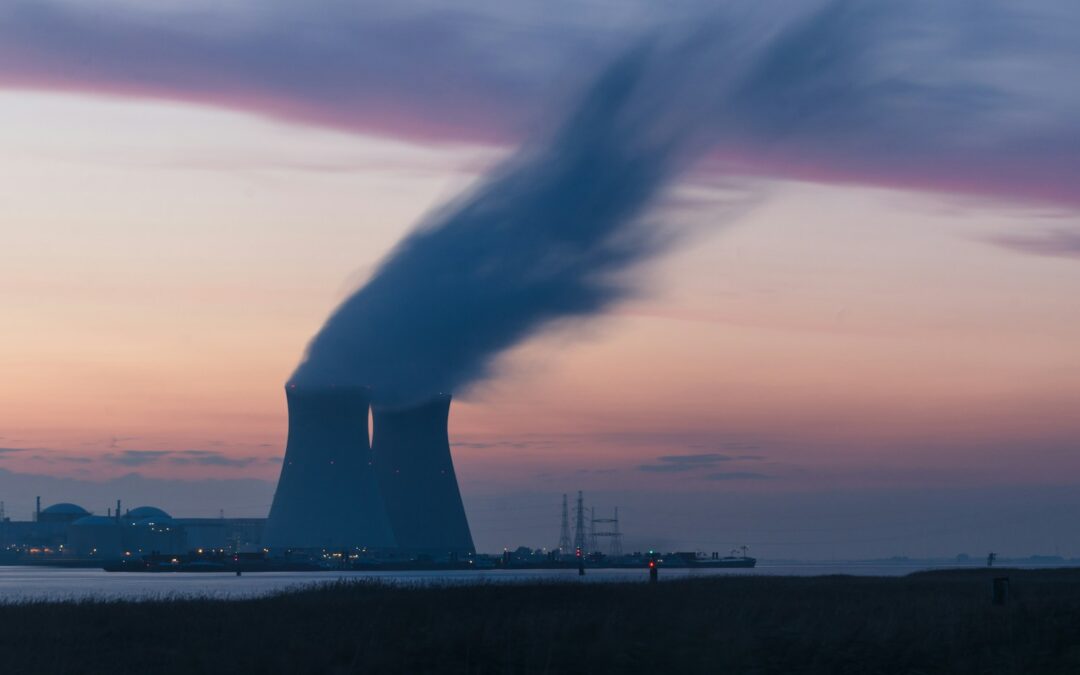Integrating Smart Solutions for a Greener Future
The Importance of Energy-Efficient Systems in Modern Skyscrapers
The integration of energy-efficient systems in high-rise buildings is crucial for reducing operational costs and improving long-term sustainability. As urban centers like Riyadh and Dubai continue to expand, the demand for sustainable solutions in their iconic skyscrapers becomes more pressing. These cities are leading the way in incorporating advanced technologies to create buildings that are not only efficient but also environmentally friendly.
In Riyadh, energy-efficient systems are becoming a standard feature in new high-rise developments. These systems include smart HVAC (heating, ventilation, and air conditioning) systems that adjust to the building’s occupancy and weather conditions, significantly reducing energy consumption. Additionally, the use of advanced insulation materials and energy-efficient windows helps to maintain indoor temperatures, thereby lowering the reliance on heating and cooling systems.
Dubai, known for its futuristic skyline, is also at the forefront of integrating energy-efficient technologies into its high-rise buildings. The city’s ambitious sustainability goals include the widespread use of renewable energy sources, such as solar panels, which are increasingly being installed on rooftops and facades. These renewable energy solutions not only reduce the buildings’ carbon footprint but also contribute to significant cost savings over time. By embracing these innovations, Dubai is setting a benchmark for sustainable urban development.
Reducing Operational Costs with Smart Technologies
The implementation of energy-efficient systems in high-rise buildings offers substantial financial benefits by reducing operational costs. In Riyadh, smart building management systems (BMS) are used to monitor and control energy usage throughout the building. These systems collect data on energy consumption patterns and provide actionable insights to optimize energy use. For example, lighting systems equipped with motion sensors and daylight harvesting technology ensure that lights are only used when necessary, further reducing energy costs.
Dubai’s high-rise buildings are also leveraging smart technologies to enhance energy efficiency and reduce operational expenses. The city’s buildings utilize AI-driven energy management platforms that predict energy demand and adjust settings accordingly. This proactive approach to energy management helps to avoid peak energy usage and reduce utility bills. Additionally, the integration of water-saving technologies, such as low-flow fixtures and greywater recycling systems, contributes to overall cost savings and resource conservation.
Both Riyadh and Dubai are also exploring the use of advanced building materials that enhance energy efficiency. These materials, such as reflective roofing and high-performance glazing, reduce heat absorption and improve thermal insulation. By incorporating these materials into their high-rise buildings, these cities can achieve significant reductions in energy costs and enhance the overall sustainability of their urban environments.
Enhancing Long-Term Sustainability
The adoption of energy-efficient systems in high-rise buildings is essential for achieving long-term sustainability. In Riyadh, developers are increasingly prioritizing sustainability in their projects, recognizing the environmental and economic benefits. Energy-efficient buildings contribute to reduced greenhouse gas emissions, helping the city meet its climate goals. Furthermore, these buildings provide healthier indoor environments for occupants, improving overall well-being and productivity.
Dubai’s commitment to sustainability is reflected in its comprehensive green building regulations, which mandate the use of energy-efficient systems in new developments. These regulations encourage the use of sustainable building practices, such as the incorporation of green roofs and vertical gardens, which enhance biodiversity and reduce the urban heat island effect. By fostering a culture of sustainability, Dubai is ensuring that its high-rise buildings remain resilient and adaptable to future environmental challenges.
Both cities are also investing in public awareness campaigns to promote the benefits of energy-efficient buildings. By educating residents and businesses about the advantages of sustainable practices, Riyadh and Dubai are fostering a community-wide commitment to sustainability. This collective effort not only enhances the cities’ environmental performance but also positions them as leaders in the global movement towards sustainable urban development.
Conclusion: The Future of Energy-Efficient High-Rise Buildings
The integration of energy-efficient systems in high-rise buildings is transforming urban landscapes, reducing operational costs, and enhancing sustainability. As cities like Riyadh and Dubai continue to grow, their commitment to incorporating advanced energy-efficient technologies sets a benchmark for other urban centers worldwide. By leveraging smart technologies and sustainable building practices, these cities are creating resilient, efficient, and livable environments that meet the needs of their residents and businesses.
The future of high-rise buildings lies in the continued innovation and adoption of energy-efficient systems. As these technologies evolve, they will provide even more sophisticated solutions for reducing energy consumption and environmental impact. Riyadh and Dubai’s leadership in this domain highlights the potential of energy-efficient technologies to transform urban living and address global sustainability challenges.
In conclusion, the integration of energy-efficient systems in high-rise buildings represents a significant step towards creating sustainable and resilient urban environments. By prioritizing energy efficiency and reducing operational costs, cities like Riyadh and Dubai are leading the way in sustainable urban development. Their efforts serve as a model for other cities to follow, demonstrating the transformative power of smart technologies in shaping the future of urban living.
#EnergyEfficiency #HighRiseBuildings #Sustainability #OperationalCosts #AITechnology #ModernTechnology #BusinessSuccess #LeadershipSkills #ProjectManagement #Riyadh #Dubai

